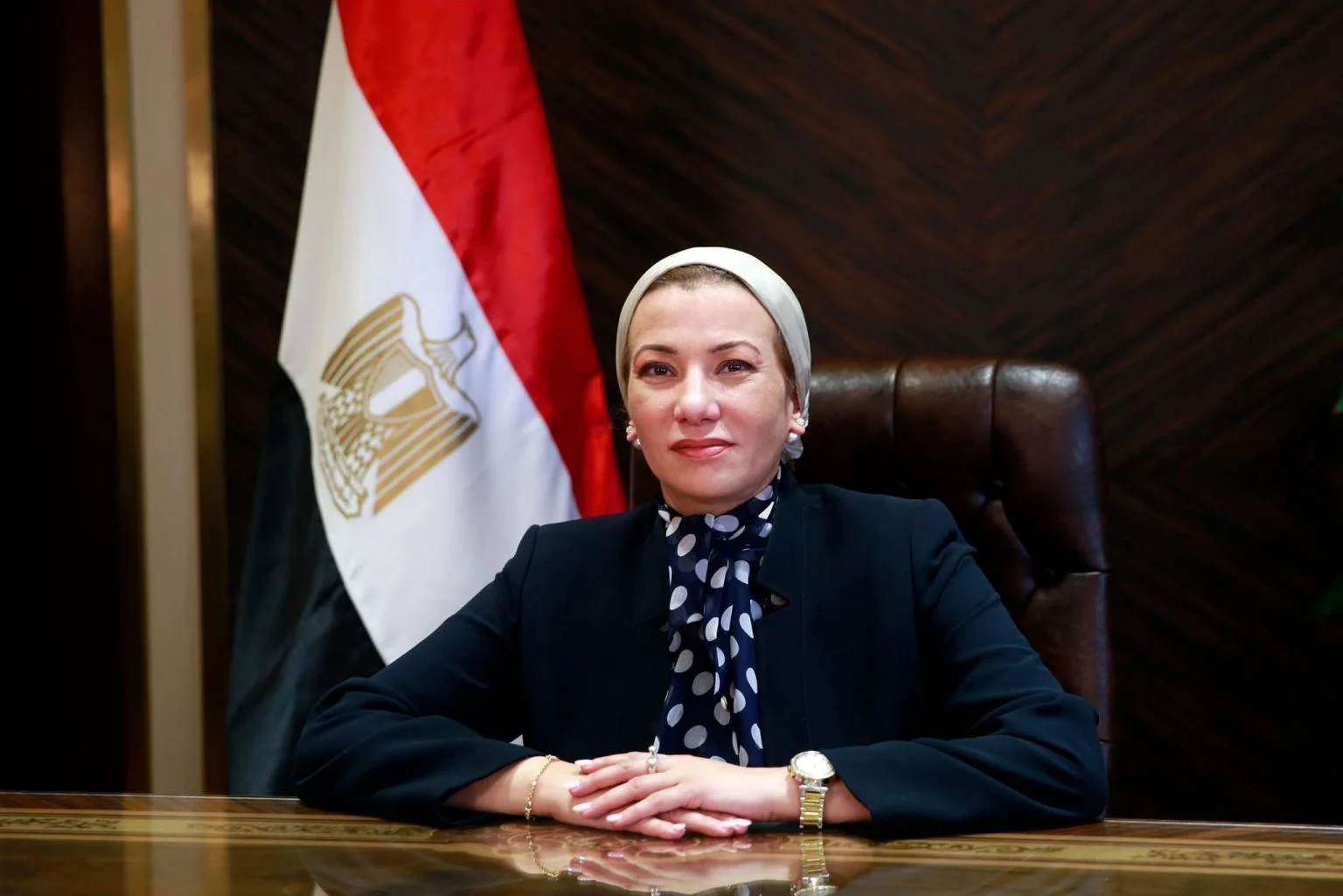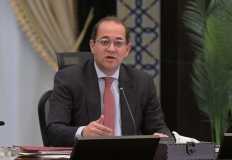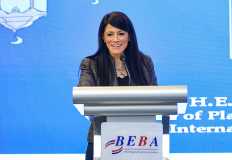
Egypt and other African and Asian nations are set to receive substantial funding for green projects, as part of global efforts to combat climate change. The Green Climate Fund has approved financing proposals for several multinational programs, including initiatives to green financial systems, invest in climate-smart agriculture, and expand resilient water infrastructure.
Egypt has secured approximately
$2.687 billion in funding for three green projects, demonstrating its
commitment to fostering partnerships with international donors and promoting
sustainable investments. This allocation was announced during the 40th meeting
of the Green Climate Fund Board in Incheon, South Korea.
Environment Minister Yasmine
Fouad emphasized the country’s long-standing efforts to create a supportive
environment for climate finance. She highlighted the importance of public-private
partnerships in financing climate adaptation projects and encouraging private
sector involvement in climate-related activities.
Minister Fouad noted that ongoing
discussions with the European Bank for Reconstruction and Development, as a
Green Climate Fund Accredited Entity, have resulted in significant funding for
green projects in Egypt. The Green Climate Fund will contribute $200 million to
a $1.295 billion program to green financial systems in 14 Asian and African
countries, including Egypt.
The program aims to strengthen
the capacity of Egyptian financial institutions to develop green financial
products and align financial flows with the Paris Agreement. It will also
improve access to affordable finance by providing development finance, grants,
and technical assistance to Egyptian financial institutions for projects
related to energy generation, low-carbon transport, health and well-being, food
and water security, and infrastructure.
Additionally, Egypt will receive
$130 million from the Green Climate Fund to support climate-smart agriculture
in 10 African countries. This initiative will provide smallholder farmers with
climate-smart solutions, such as access to improved inputs, including
climate-resilient seeds.
The program will also enhance farmers' access to finance, enabling them to make sustainable improvements to their land, invest in their productive capacity, and access innovative insurance products, particularly weather index insurance. This will improve their resilience to climate shocks and enhance their access to climate-smart agricultural knowledge, infrastructure, and premium markets.





